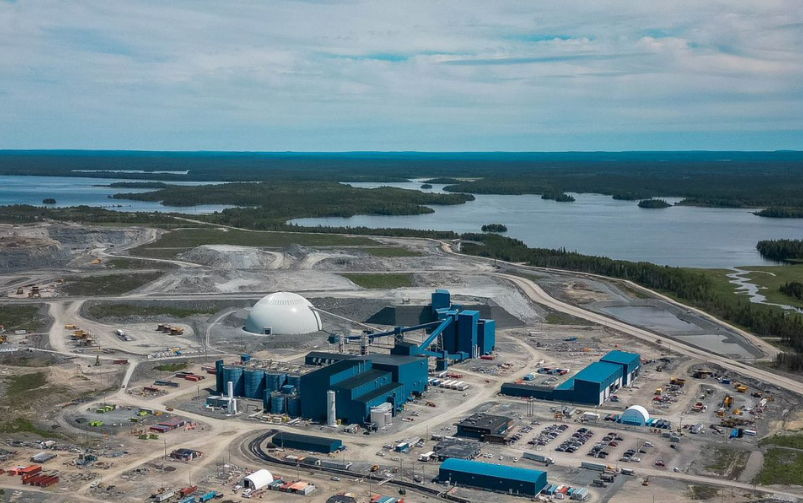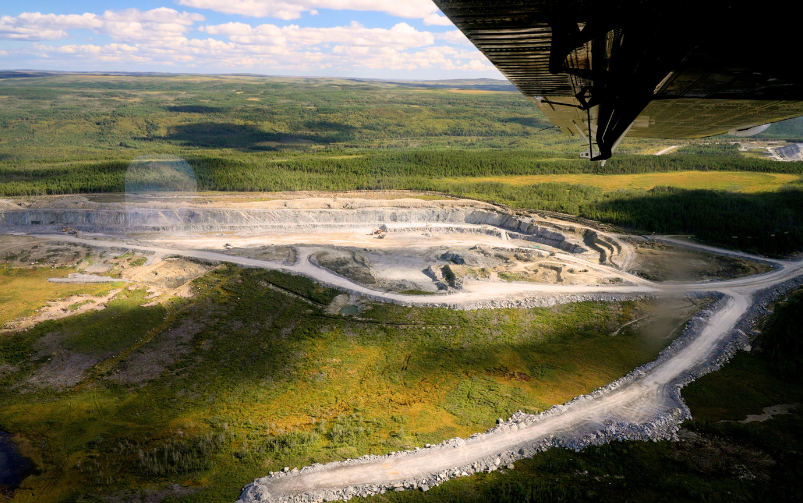One of the seminar’s panelists, Sheldon M. Wuttunee, shared his experiences as former chief of Saskatchewan’s Red Pheasant community, offering advice on how stronger connections between companies and communities can be forged. Courtesy of Battlefords Agency Tribal Chiefs.
As part of Fasken’s 2024 Global Mining Group Seminar Series, a recent episode held on Feb. 29 titled “Indigenous Community Engagement in the Changing World” explored the importance of effective engagement between mining companies and Indigenous community rights holders, and discussed how thoughtful engagement can lead to a deeper understanding of Indigenous traditions and knowledge and promote healthier relations between mining companies and communities. The session, led by Peter Mantas, co-managing partner at Orion Legal Group, featured three speakers from different parts of the world, including Canada.
Chief Nkandu Beltz, the founding director of Beltz Mining Limited, a copper exploration company with locations in Australia and Zambia, explained that Indigenous engagement is crucial prior to commencing a mining project, especially because it could prevent mining-related destruction inflicted on historical sites. “Those are sacred grounds for us, so it is painful,” she said. “When such things happen … it creates distrust among traditional owners of the land. I think with continued positive engagement, we can create a win-win scenario for investors, lenders, and the local people.”
Beltz said that when mining companies enter a new community, they should be considering the knowledge that locals can offer.
“When companies come in, it's just a matter of sitting down and explaining who you are, creating that bond and also seeing if there's anybody in that community that can add value to what you're doing,” she said.
Beltz added that locals can also learn more about modern technologies and education related to mining, ultimately advancing mining knowledge within a given community.
The conversation turned over to Sheldon M. Wuttunee, president and CEO of the Saskatchewan First Nations Natural Resource Centre of Excellence, which supports and collaborates with Indigenous communities to generate opportunities for innovative and environmentally sustainable development of natural resources located on Indigenous land.
As former chief of Saskatchewan’s Red Pheasant First Nation community, Wuttunee expanded on Beltz’s beliefs about the importance of appreciating local knowledge, sharing how valuable the knowledge he has gained from elders within his community has been when it comes to improving engagement between mining companies and local communities in Red Pheasant, as well as better communicating the importance of spiritual context in natural resource development.
He encouraged mining companies to better educate themselves, not only by consulting policies relating to Indigenous lands, but to also make an honest effort to engage firsthand with the locals, learning more about their traditional beliefs tied to the natural environment, and to first build a relationship with locals before jumping straight into business.
“[Having these conversations] is the only way you're going to…be able to develop that strong relationship with the community and to better understand what their needs are,” he said. “Then I think at some point, once there's…a better understanding of environmental impacts, spiritual impacts, and so forth, then perhaps there's an opportunity to start to talk about the economic opportunities associated with a project,” he said.
Rafael Vergara, partner of Carey, a Chile-based law firm, and co-head of the firm’s natural resources and environment group, reiterated Wuttunee’s sentiments around the importance of mining companies taking the time to cultivate a relationship to better understand the connections that local communities have with their environments, while also being mindful of how a new mining project may impact their lands.
“What I have experienced is that sometimes Indigenous communities do not know how the mining project can affect them,” he said. “So, the first issue here is to approach the communities to know what their concerns are.”
He added that ongoing discussions regarding undeveloped projects with locals are imperative, so that they can get a better sense of what to expect, while also being able to voice potential concerns. “You have to discuss and plan as carefully as possible,” he said. “Create places of communication … constant, permanent communication. You have to go there…bi-weekly or once a month [to] have open discussions with the people.”
Wuttunee emphasized the importance of mining companies preparing to have what he considers to be “difficult conversations” with Indigenous communities. He said that in order to better integrate into a new community, companies need to recognize that these communities have a deep spiritual relationship with the lands they inhabit, and that this connection often gets overlooked.
“We have our natural laws and cultural laws and cultural protocols that we all need to adhere to,” he said. “As you go into a community, it’s extremely fundamental to understand that it's not only an economic opportunity, [but] there's a whole spiritual component.”




